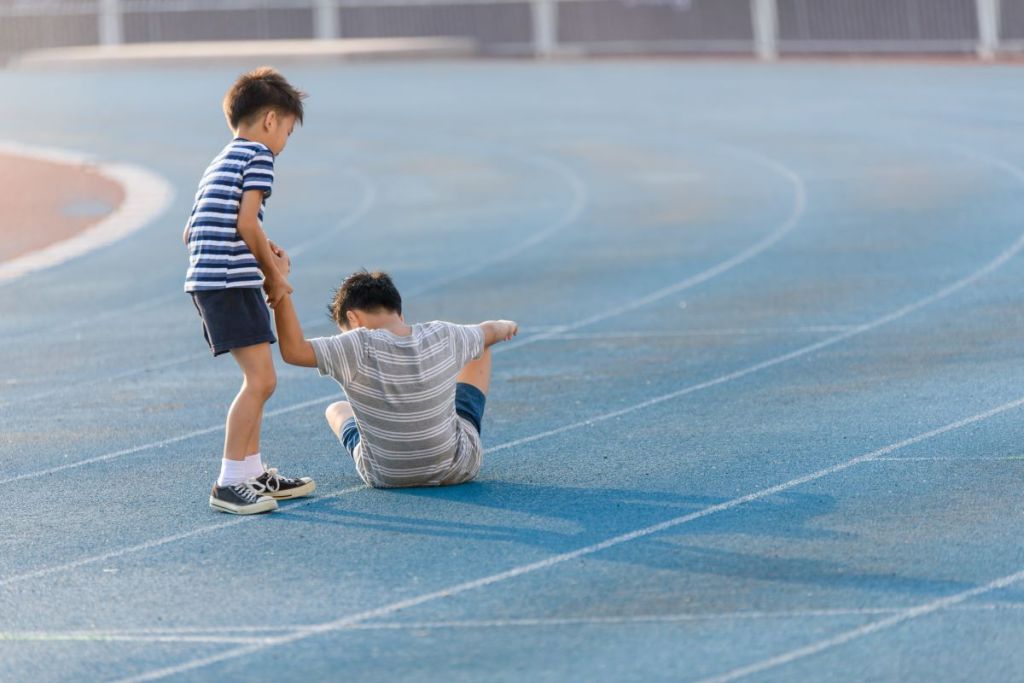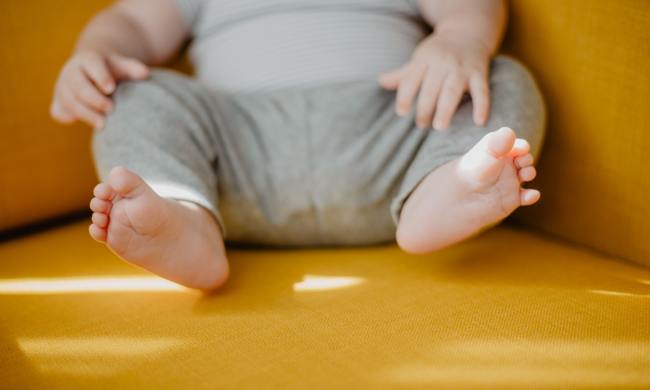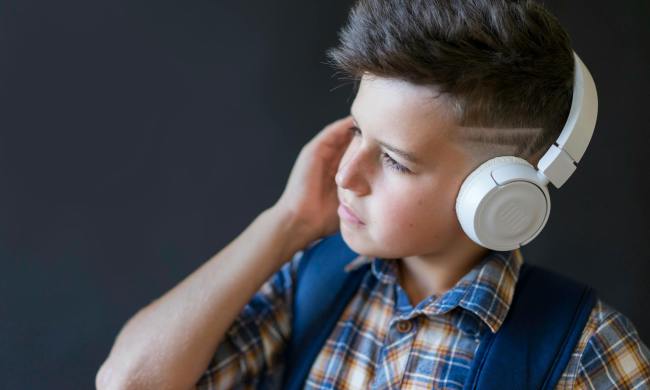We often hear that a child’s behavior toward others is one of the contributing factors to their academic and social well-being. After all, actions like respectful communication and listening, taking turns, sharing, expressing encouragement, and empathy play a role in collaboration with others as a team and is the building block of healthy relationships.
In other words, there’s a vast array of manners kids should know by the time they hit the double-digit age range. The age of 10 coincides with milestones such as entering into the more challenging grade levels at school where students will apply what they’ve learned about manners and etiquette to collaborative projects in the classroom and extracurricular activities and clubs. This age also sets kids closer to the time when they’ll start exploring their own identities and even exerting more independence. Check out this list of manners kids should know, plus get advice on how to pass them on effectively.

Manners kids should know
According to educator and creator of the teacher’s online platform, Pedagogue, Matthew Lynch, good manners reflect a person’s consideration for others. They express a person’s kindness and the extent he or she respects other people’s boundaries and feelings. The first three manners kids should know by age 10 include:
- greeting and saying goodbye to visitors or hosts
- putting aside electronic devices during meals
- sharing with others
Likewise, he mentions the importance of children treating others as they would want to be treated. Fostering a sense of both self-respect and respect for others paves the way for children to acquire manners and appropriate behavior more easily as they get older. Furthermore, if manners are modeled and taught at an early age, then children will more likely pick up on the value of being polite.
Proper etiquette for children
In addition to the manners listed above, another category of manners kids should master at this age is appropriate etiquette for specific situations. For example, when visiting the library, you might need to remind your child to whisper. Or, when at home or visiting a friend or relative, you might encounter a teachable moment regarding the use of the indoor voice.
Other actions and gestures that reflect proper etiquette include:
- saying “Excuse me, please” instead of interrupting adults who are talking
- using proper table manners
- when in doubt, asking for permission
- refraining from pointing out someone’s appearance
Teaching etiquette goes far beyond ensuring that your children won’t embarrass you or whichever adult accompanies them out in public. These skills also help your children to feel more secure about navigating different social situations. And the more frequently your children practice proper etiquette, the more comfortable they’ll feel about exercising their good manners.

How do you teach children manners?
Now that you know what manners to teach, you might wonder how to effectively teach them to kids by age 10. As noted by David Lowry, Ph.D., if you place your children in different scenarios, you’ll find those teachable moments for manners and etiquette occur naturally. Furthermore, when you step back to observe your children’s interactions with others and not intervene right away, they will gain more insight into their behavior from other people’s reactions. For instance, if they’re not sharing toys during a playdate or taking turns nicely when playing a board game, they’ll pick up on their peers’ displeasure or disappointment. Basically, social interaction and the example set by other family members at home serve as the main catalysts for learning manners.
Stay consistent with your kids when enforcing manners
In today’s age of constant competition and less exposure to social interaction, children need the opportunities to practice their good manners and etiquette. However, you shouldn’t be alarmed if they slip up a time or two. They’re only human and still quite young. By discussing the full context of the scenario and talking about what can be done differently next time, children will hone their social skills. Plus, a mistake presents another opportunity for a lesson in manners, and the ability to apologize to the other person.
You can also provide positive reinforcement for good behavior by complimenting your child for being helpful and considerate. With consistency and open communication, you’ll see this little person grow into a young adult who exercises respect and expresses empathy to others.



